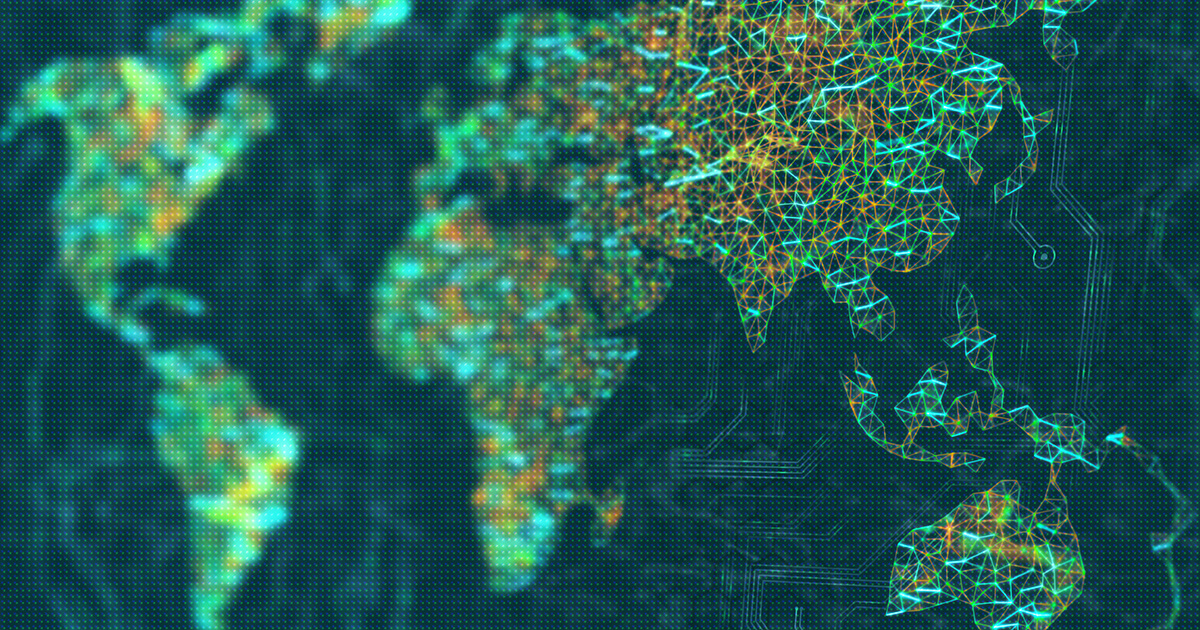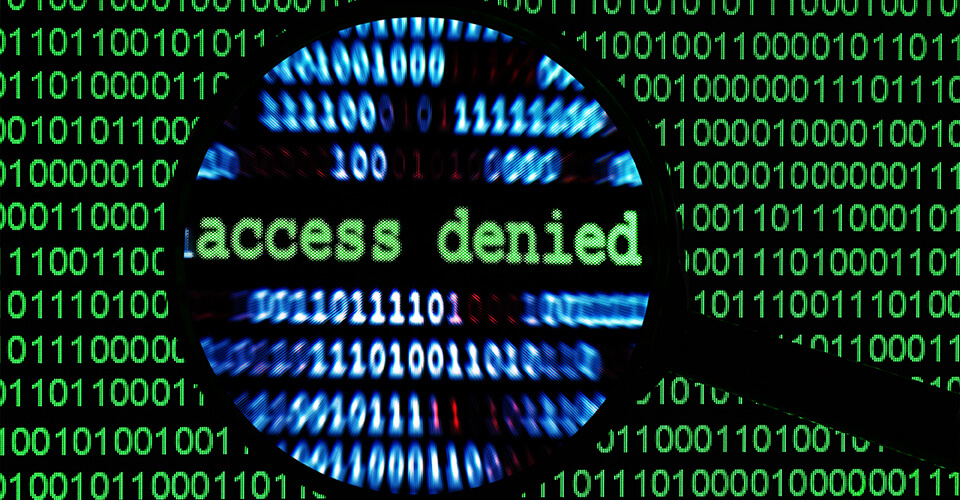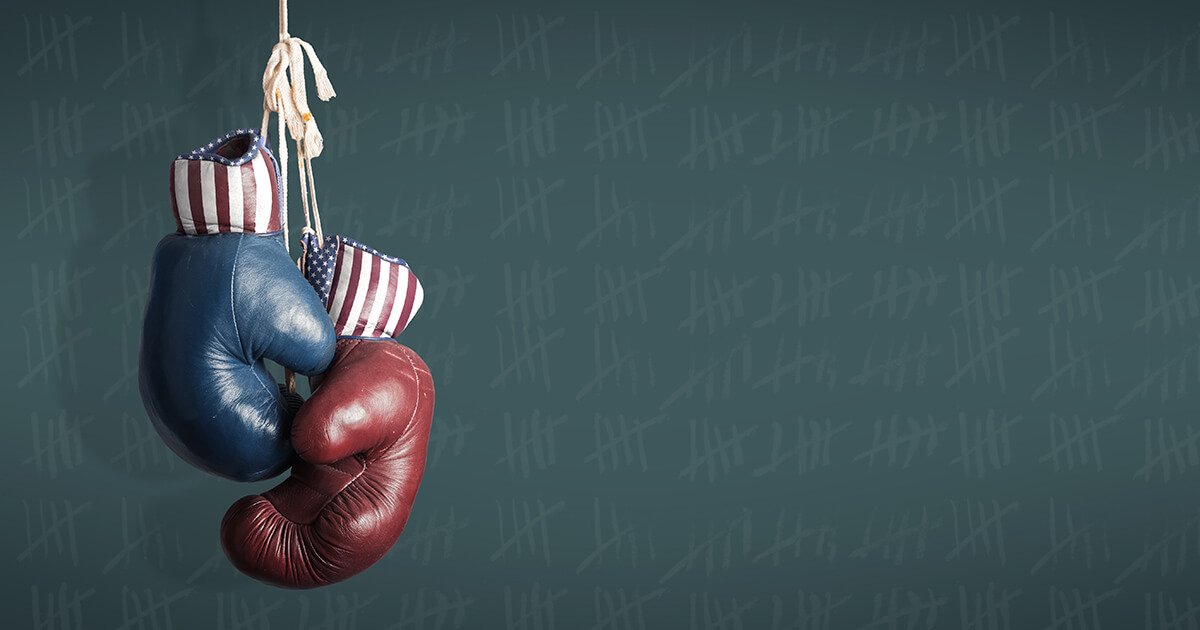North Korea: 28 domains for 25 million inhabitants
How many websites do you visit in a day? Between emails, Facebook, news sites, online shopping, etc. It all probably adds up to quite a bit. Nowadays, in the developed world, unrestricted internet access is almost a given and there are little or no obstacles between us and an unlimited world of information and communication.
In communist-led North Korea on the other hand, online content is strictly censored. Led by the dictator Kim Jong-un, the regime permits very few citizens to have any internet access at all. Until now, little has been known about the domain sphere and the selection of webpages that are actually accessible to North Koreans. When it comes to all things IT-related the regime has held its cards very close to its chest in order to prevent any information leaking out. That is, until now. A leak has revealed just how small the North Korean domain world actually is.
‘World’ Wide Web? – Not so much
The internet now consists of more than 314 million domains worldwide. Overall, there are upwards of 200 different country code top level domains (ccTLDs), all of which relate to a specific land or region. According to the 2016 Versign Domain Report, .com was the most popular ending worldwide with 123 million registered domains globally. With regards to country-specific top level domains, those at the top of the list are Tokelau, China and Germany, followed by the UK in 4th place.
Here in the UK we have a population of 65 million people and approximately 12 million domains. Compare that then with North Korea; a population of 25 million with access to a paltry 28 domains. This figure came to light after a system malfunction (more specifically a wrongly-configured server) led to the list of North Korean domains under the .kp top level domain being released. From there the list found its way into the hands of the Guardian newspaper. What it revealed was that in North Korea the freely-available internet database is made up of 28 registered domains – or at least this is the amount accessible to internet users. All other domains are on a so-called ‘blacklist’. There is however next to nothing known about the state’s own intranet, which remains completely inaccessible from outside, hidden from the rest of the world.
Everything from maritime affairs to cooking recipes
A glance at the selection of sites shows a large amount of official state websites, e.g. that of the regime’s committee for cultural relations or the maritime affairs authority. Perhaps surprisingly there are also a lot of sites pertaining to normal and everyday topics, ranging from Korean food recipes to film festivals. News, sports and communication portals, as well as a website for the state’s airline, offering the possibility to book a flight there and then. The complete list of domains can be found on Reddit. Since going public, several of the websites on the list are no longer accessible. This may be down to the sudden increase in visitor numbers. However, it could also be the case that they have been offline now for quite some time.
Alongside North Korea’s severely limited supply of domains, there is a policy of ever-present and very strict monitoring of internet users. The regime casts a stern and watchful eye over all internet activity and has the ability to cut off anyone’s online access at any time. This is set to be the case for the foreseeable future, as the global trend towards a more communal and international online monitoring system has up till now, been wholeheartedly rejected by the North Koreans. Control and monitoring continue to play a central role in all interactions with internet users. So how then did all this domain information come to light, given that the regime manages so well to keep its internal affairs so secret? The reason for this is a security leak in the Korean network, identified by an IT specialist from the west and who as a result succeeded in filtering out the 28 domain names. He then published his work on the programming portal GitHub.









